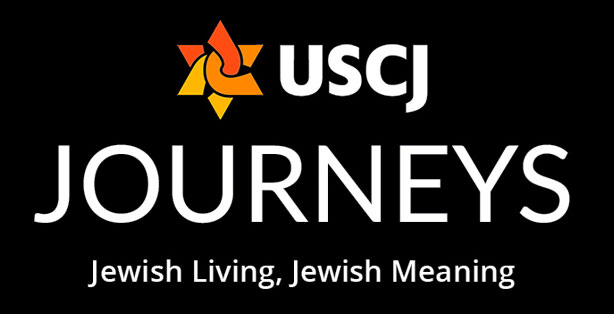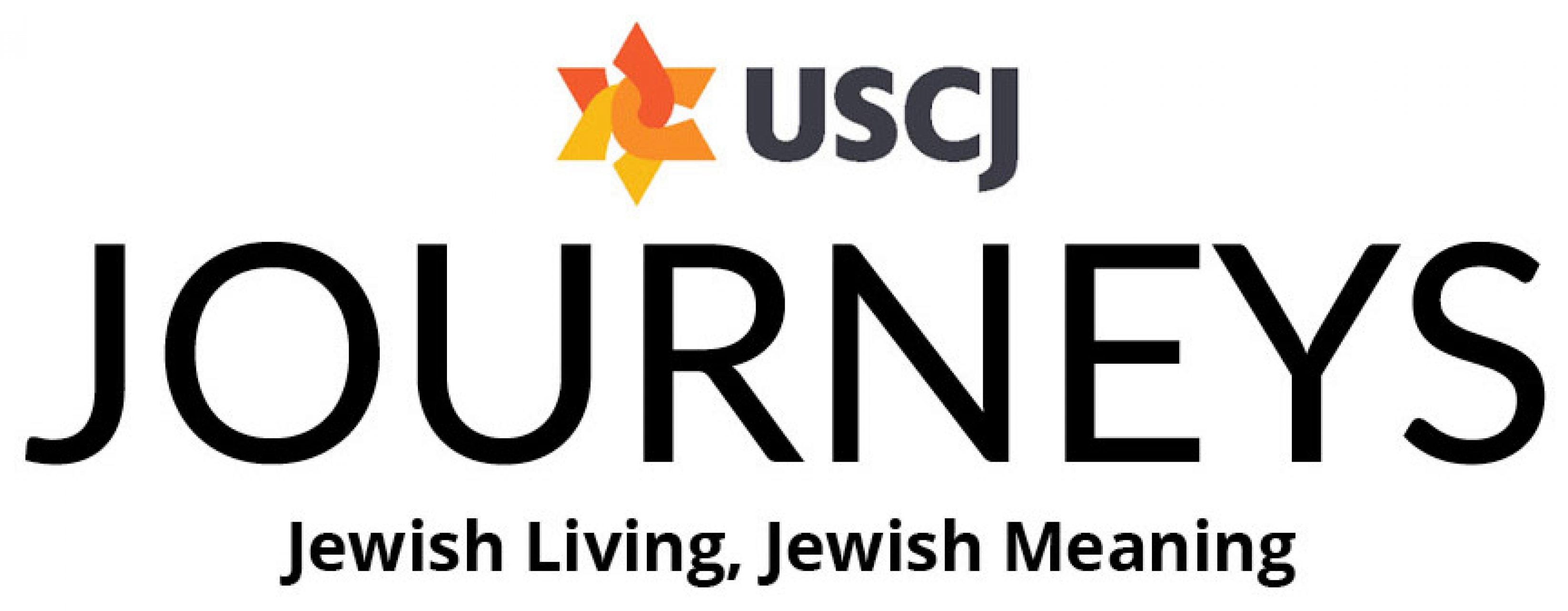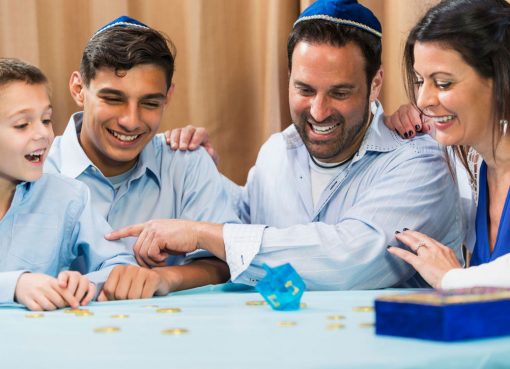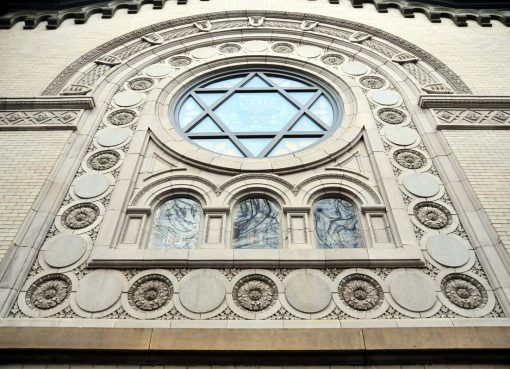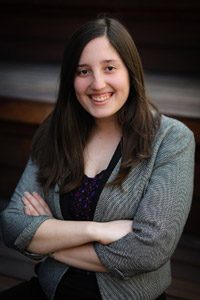 By Teri McGuire
By Teri McGuire
My first memory is the number tattooed on my grandfather’s arm. The first school I attended was the preschool at my home synagogue. The first time I traveled on a plane, I was flying with a group of 70 other young Jews to United Synagogue Youth (USY)’s International Convention. The first time I left the country, I was headed to learn about the history of my people—on a five-week journey to Poland and Israel. I spent my first year out of high school on a gap year in Israel. My undergraduate degree, and my Master’s degree…oh and my other Master’s degree…are in Judaic Studies and Jewish Professional Leadership.
Despite all of these experiences, and thousands in-between, my Judaism has constantly been questioned throughout my life. During my first week of my first full-time job as a Jewish professional, I sent an email to a bunch of consultants and signed it “Shabbat Shalom.” One of them took one look at my last name, and wasn’t sure if they should send the greeting back. Was Teri McGuire even Jewish?
This wasn’t an isolated incident. Regardless of a lifetime of Jewish education and engagement, there has not been a new Jewish environment that I have walked into where I didn’t have to “come out” as the daughter of an “intermarried” family. Why is a girl with an Irish last name so well versed in Yiddish idioms, so enthusiastic about her youth group and such a lover of Israel?
Questions like these plagued me growing up. Surprisingly, even when people knew about my family, my presence didn’t stop adults from discussing the “dangers of intermarriage” around me. I spent my teenage years being made to feel like I was an outlier, a miracle and the product of luck—as if it was just a coincidence I turned out to be a learned, engaged, enthusiastic young Jew.
But every class, every discussion group, didn’t want to talk about me. Instead, they wanted to showcase the horrors of intermarriage, and deter my peers and I from going down that path. Even as a teen as young as 13 or 14, I remember thinking, “Why are they talking about stopping people from intermarrying, when they could be talking about engaging those who already are, and their children who feel so isolated?”
It’s true, there are organizations and thought leaders that have this topic at the forefront of their missions and minds. But until recently, I didn’t feel like the movement that had raised me and nurtured me cared to hear about them or talk about them. That was, until USCJ invited me to speak about my experiences at their convention in Atlanta last December. The theme of the convention was “Dare Together” and I was thrilled to have 60 people join my session as we dared to acknowledge the discomfort that still plagues children of intermarried within many forms of mainstream Jewish expression. My session, “Don’t Close the…Door” (based on my Master’s thesis of the same name, which you can read here) invited participants to hear of my experiences and explore how I believe Nickelodeon’s Rugrats can be used as a primary text to explore the engagement of families that look like mine.
With Chanukah upon us, I have been thinking a lot about the conclusion of the Rugrats Chanukah special. While lighting the menorah, the main character’s grandfather explains, “The menorah is like the night light of our people. In times of darkness, it shines on the whole world, reminding us not to be afraid to be different and to be proud of who we are.” I hope that as we enter this holiday season, we all heed this reminder, and take a step to remember there is a place for everyone in our community, as long as we are willing to keep the door open.
About the Author
The granddaughter of two Holocaust survivors, Teri McGuire was raised to take pride in her Judaism and contribute strongly to the community around her. She strengthened her Jewish identity through her involvement in United Synagogue Youth (USY), where she gained an informal Jewish education and important leadership skills. Her involvement in USY inspired her to spend a year studying and volunteering in Israel after graduating from high school. Following her gap year program, The Nativ College Leadership Program in Israel, she enrolled at Binghamton University and earned a BA in Judaic Studies.
Teri graduated from the Hornstein Jewish Professional Leadership Program at Brandeis University in 2016. There, she earned an MA in Jewish Professional Leadership and an MA in Near Eastern and Judaic Studies. Teri is currently an Associate Program Manager at the Foundation for Jewish Camp, where she is committed to creating brighter Jewish futures through the enhancement of summer camps!
